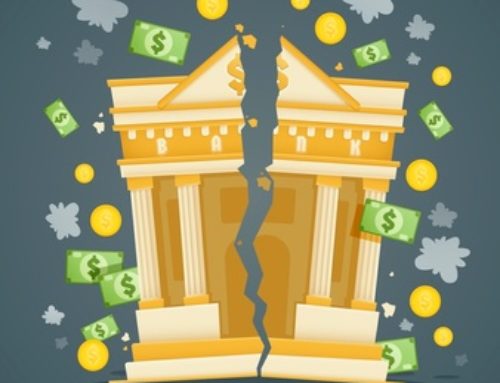Bankruptcy filings are beneficial for individuals who are no longer capable of making payments to their creditors. There are several advantages to filing for bankruptcy. One of the main reasons why debtors file bankruptcy is for an automatic stay, which prohibits collection activities from debt collectors. This means that the debtor shall be protected from creditor harassment and wage garnishment. Another objective of filing a bankruptcy petition is to obtain a bankruptcy discharge.
Through filing a petition in bankruptcy, qualifying debts shall be eliminated. Seek legal assistance from Seattle Washington bankruptcy attorneys if you are considering filing bankruptcy.
There are different bankruptcy rules for each bankruptcy chapter. For you to be qualified to file a bankruptcy petition, you must pass the bankruptcy means test. Your eligibility to file bankruptcy will also depend on your monthly income, living expenses, and the types of debts you owe from your creditors.
If you want to repay your debts without surrendering your assets, Chapter 13 bankruptcy is the best option for you. Bankruptcy proceedings under Chapter 13 (reorganization bankruptcy) are fairly clear and simple. However, you must understand the bankruptcy law before you consider a bankruptcy filing.
The majority of Chapter 13 filers seek legal help from a Seattle, Washington bankruptcy lawyer to assist them with the bankruptcy process. Learning how to file a bankruptcy petition is often more difficult than it seems.
Steps in Filing Bankruptcy under Chapter 13
 A debtor should enroll and successfully finish a credit counseling course within six months before filing bankruptcy. The credit counseling course must be from an institution approved by the United States Trustee’s office.
A debtor should enroll and successfully finish a credit counseling course within six months before filing bankruptcy. The credit counseling course must be from an institution approved by the United States Trustee’s office.- Debtors will prepare the petition in bankruptcy as well as the debt repayment plan proposal. The petition, payment plan, and other necessary paperwork must be submitted. All assets, wages, loans, and property transactions should also be disclosed. A Chapter 13 bankruptcy case hinges on the repayment plan. It is not easy to come up with a proposal that satisfies all the requirements. This is one of the reasons why hiring a trusted bankruptcy attorney is recommended.
- The paperwork will be filed by you and your legal representative, together with your most recent tax return and evidence that you have filed your tax return for the past four years.
- A trustee in bankruptcy will be appointed by the bankruptcy court to manage the bankruptcy case. The bankruptcy trustee shall review the repayment plan for legal compliance, collect payments, and allocate the funds to the creditors. The trustee shall also monitor your monthly income and transaction reports.
- Once you submit the required paperwork for your bankruptcy filing, the automatic stay takes effect. The creditors will be notified of the bankruptcy filing and the bankruptcy stay. Creditors will be unable to pursue collection activities due to the automatic stay. However, there are several exceptions and creditors may file a motion to lift it.
- Even though your payment plan is not yet confirmed, you will have to start making payments a month after you file bankruptcy.
- The meeting of creditors shall be arranged by the bankruptcy trustee. You are required to attend because questions regarding your finances and paperwork will be asked during the meeting. The creditors also have the right to object and ask questions regarding your repayment plan.
- You should attend a court hearing known as the confirmation hearing. Objections from creditors regarding the proposed repayment plan will be resolved in this court hearing. If everything goes according to plan, the bankruptcy court will approve your repayment plan.
- Creditors are required to submit proof of claim forms to be paid. A proof of claim may be contested. For example, if a creditor fails to file a proof of claim, you may file on behalf of the creditor to settle the debt.
- Pay attention to the payment plan’s specifications and deadlines. A debtor should make regular payments until the proposed repayment plan is completed. In some cases, debtors are asked to file such records as income and expense reports.
- Complete a course in personal financial management. Before the case is closed, you should finish a debtor education course. This is distinct from the credit counseling that is necessary before filing for bankruptcy.
- The bankruptcy case will be dismissed after the bankruptcy court grants the debtor a bankruptcy discharge. The court will issue a discharge after the completion of the payment period. Any existing balance of the certain qualifying debt is wiped out by the bankruptcy discharge.
Rebuild your financial future and have a fresh start with your finances. It is highly advisable to consult with the best Seattle bankruptcy lawyers that are knowledgeable about bankruptcy laws and proceedings. Get in touch with Seattle Washington bankruptcy attorneys at Northwest Debt Relief Law Firm who are credible and experienced in handling bankruptcy cases, for legal help and assistance or for a free consultation.







